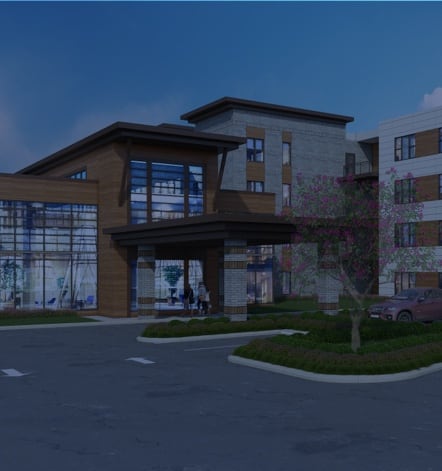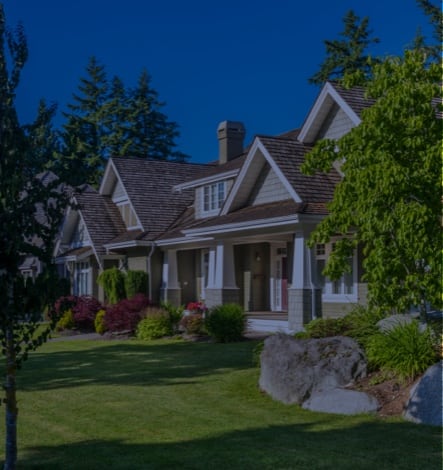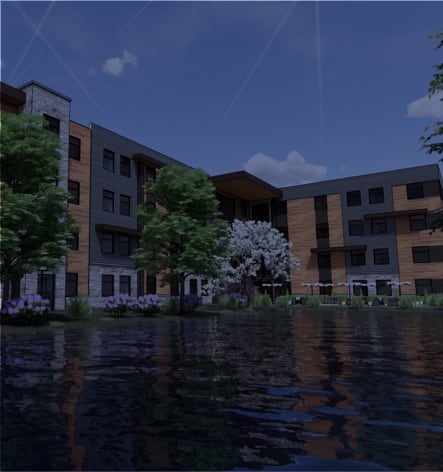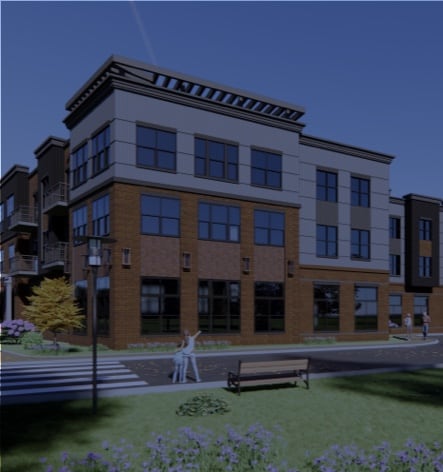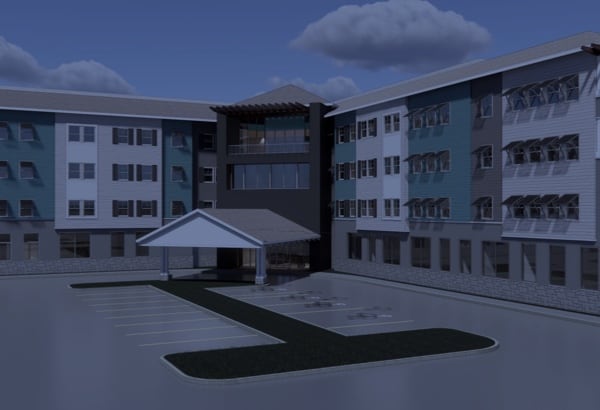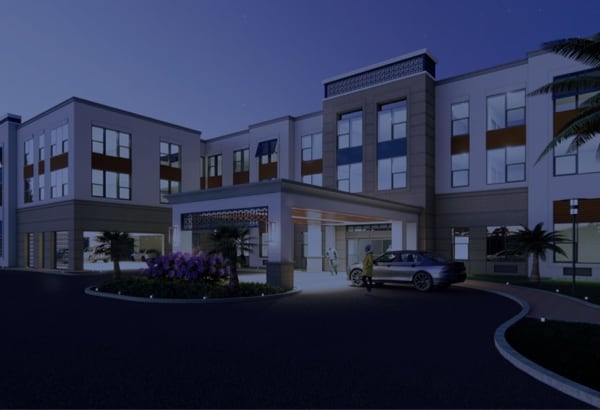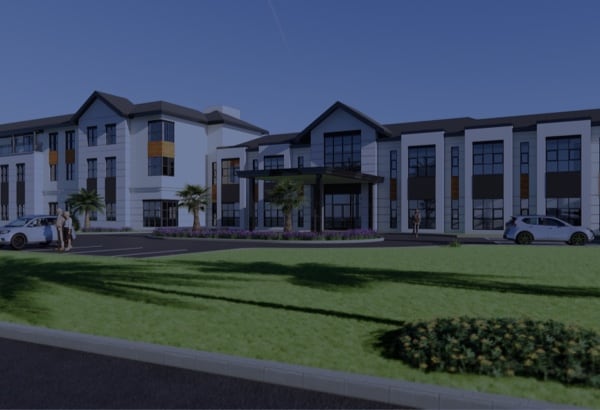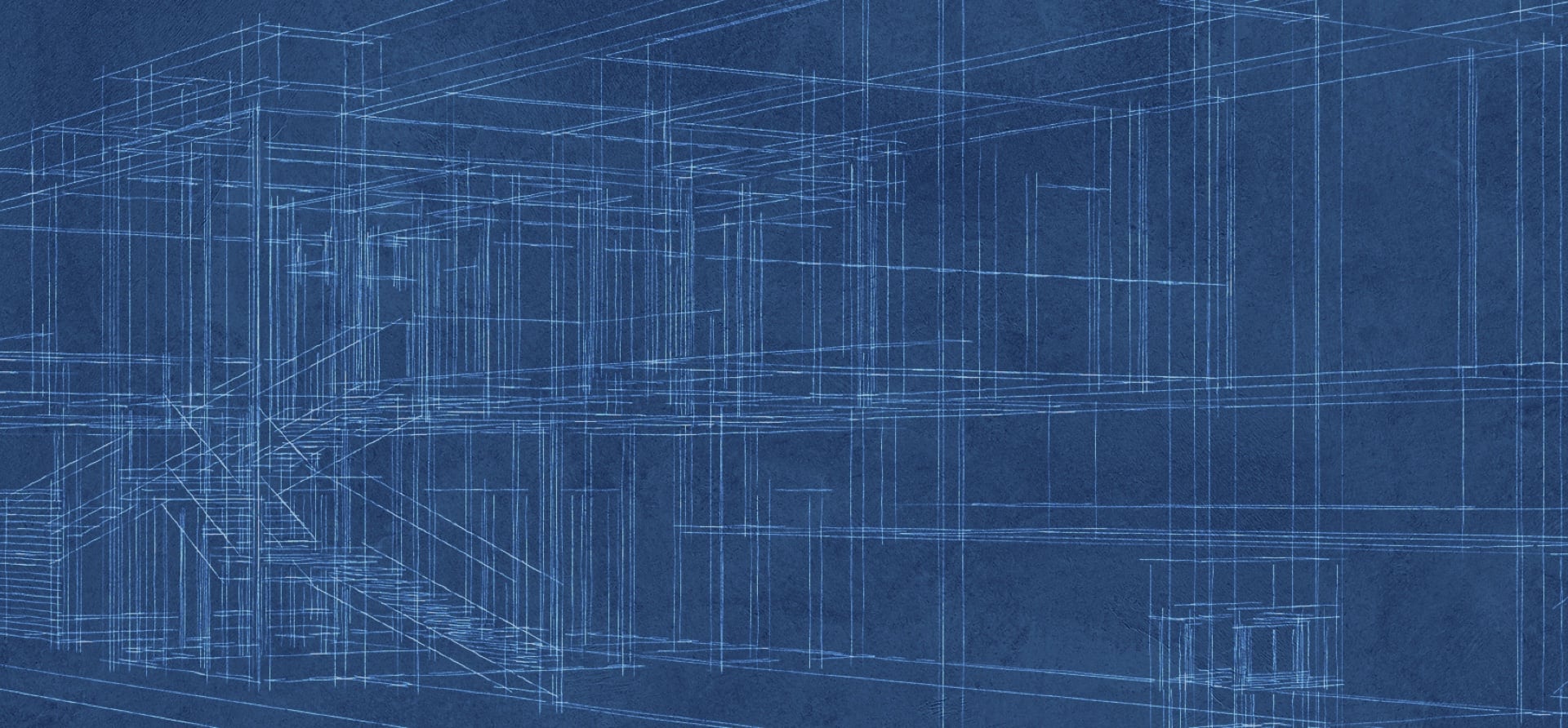When it comes to senior living communities, there are several options available. So which types of services are typically offered by different communities?
Assisted living, memory care, and skilled nursing are the three primary types of senior living communities.
These all provide benefits, and the staff in each community are trained to meet each resident’s unique needs. As the population grows, it’s important to continue developing these communities to ensure that the needs of seniors nationwide are met. Proper management and financial support are a necessity. By taking care of the details, we take care of our seniors.
So what are the differences between these three senior living choices?
Assisted Living Communities
Assisted living communities are set up for seniors who may need assistance with day-to-day tasks, but still want to retain as much of their independence as possible. Typically, these communities are ideal for seniors who need help with tasks like meal preparation or dressing but don’t need 24/7 medical assistance.
Residents have their own room, apartment, or home and receive assistance with housekeeping and transportation, but come and go as they please. These communities can custom-tailor a plan to suit every resident’s needs to ensure they can remain as autonomous as possible but still receive the help they need for a high quality of life.
Additionally, assisted living communities offer many different programs and events to encourage socialization between the residents and staff. This helps prevent the development of the residents feeling lonely or bored by helping them access exciting things happening in the community.
Many communities have staff trained to assist with medical complications for residents needing medical assistance. For communities that don’t have medical staff on-site, they provide transportation to and from medical care centers to ensure all residents have access to the medical care needed.
These communities are becoming increasingly popular as they promote independence and support. More and more of these communities are being built and developed every day. It’s important to ensure all these communities have a proper management expert for every stage of the process. From building to management, it’s important to ensure things are done right.
Memory Care Communities
Memory care communities are set up to help seniors with dementia or memory impairment. The staff in these communities are trained to help support residents struggling with cognitive impairment, and the community itself is designed to be as safe as possible for the residents.
Due to the nature of memory impairment, a typical senior living community may not be the best decision, as the complications caused by the condition can lead to the resident feeling frustrated and lost. Memory care communities address the symptoms of memory impairment by taking proactive steps to help residents get what they need for a quality life.
Usually, every resident’s home has a map on the inside or outside. Hallways may be color-coded, and the entire community is built to be as easy to navigate as possible. The staff is also trained to help with the effects of memory impairment. They ensure residents have access to all the medical care needed, that they get to and from their meals, and escort residents around if they need the aid.
These communities offer programs and events typically designed to help with memory impairment and cognitive development. Puzzle nights, reading and language courses, and other problem-solving classes are common to help residents access the tools needed to slow the progress of memory impairment.
As over 5 million Americans currently suffer from memory impairment, with the number expected to double in the next 20 years, it’s important to ensure that more and more memory care communities are built. By developing more of these communities, we can help seniors struggling with memory impairment.
Skilled Nursing Communities
Skilled nursing communities are similar to assisted living but provide significantly higher levels of medical care. These communities are intended for seniors who need access to around-the-clock medical care or assistance with daily living. With a staff trained to help with medical needs and rehabilitation, these communities are an option for seniors struggling with poor health.
The staff is licensed to help with all kinds of medical needs to ensure that residents with complex medical needs are well taken care of. The communities also tend to have programs designed for medical rehabilitation and physical therapy to ensure a healthy recovery for residents.
By helping residents access the medical care they need, these communities help families have peace of mind knowing that their loved one has medical care and support.
How Important Are Senior Living Communities?
With more than 800,000 seniors in the United States living in an assisted living community, which is expected to double by 2050, senior living is a vital need requiring significantly more investment and development. By building and developing more of these communities, we can help take care of our seniors.
When building a senior living community, having access to a proper management team is important to ensure that all your resources are properly utilized. By building and developing a community efficiently, you can make sure that every resident is supported and feels at home.For more information about developing and managing a senior living community, reach out to our team at Distinctive Development today. Let’s connect!








